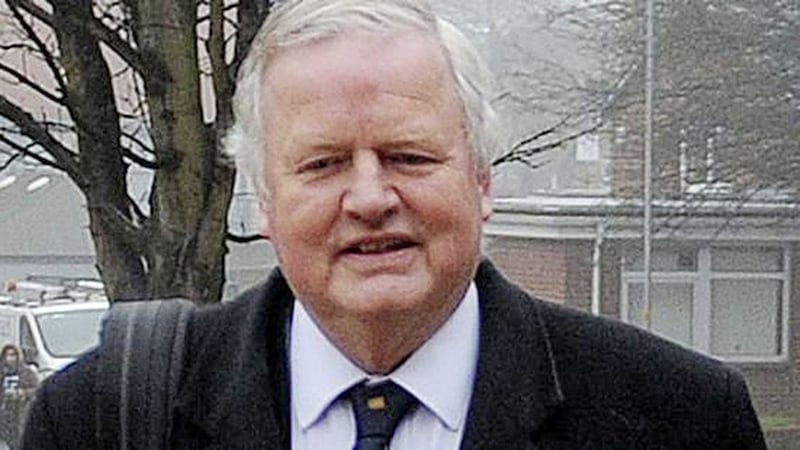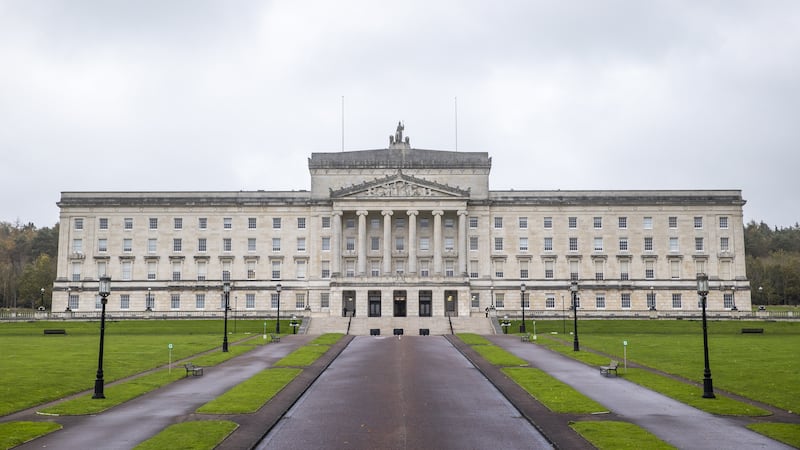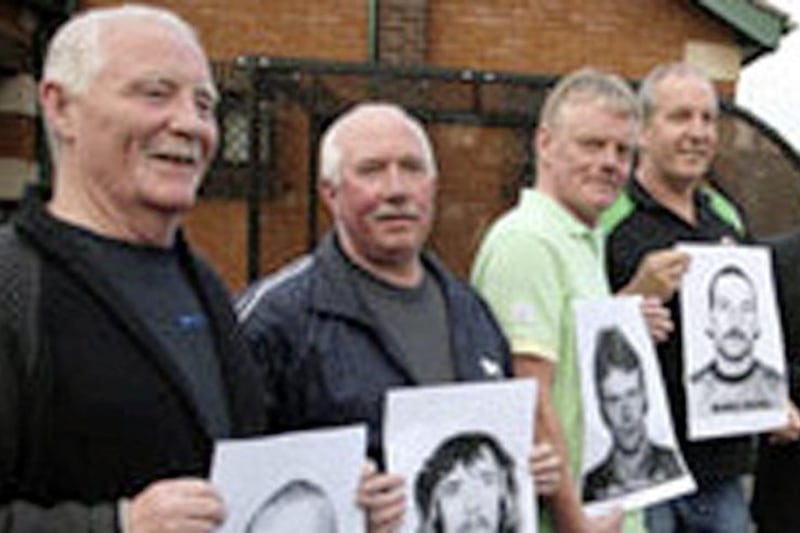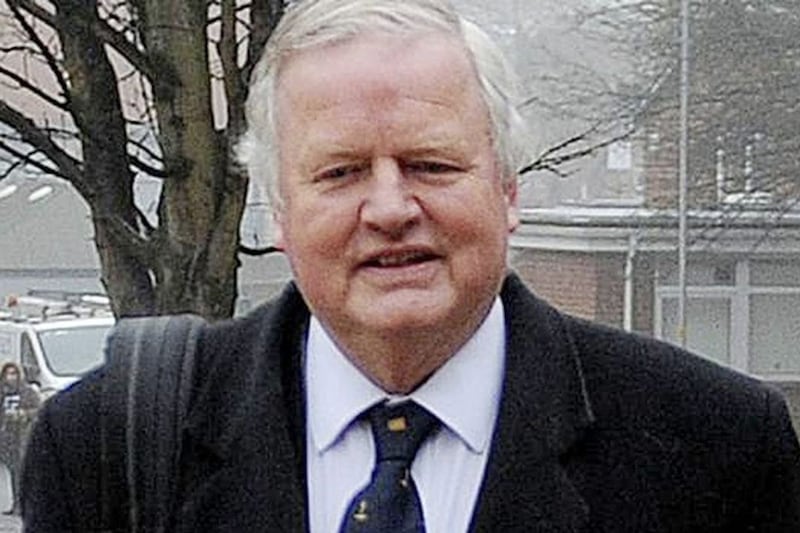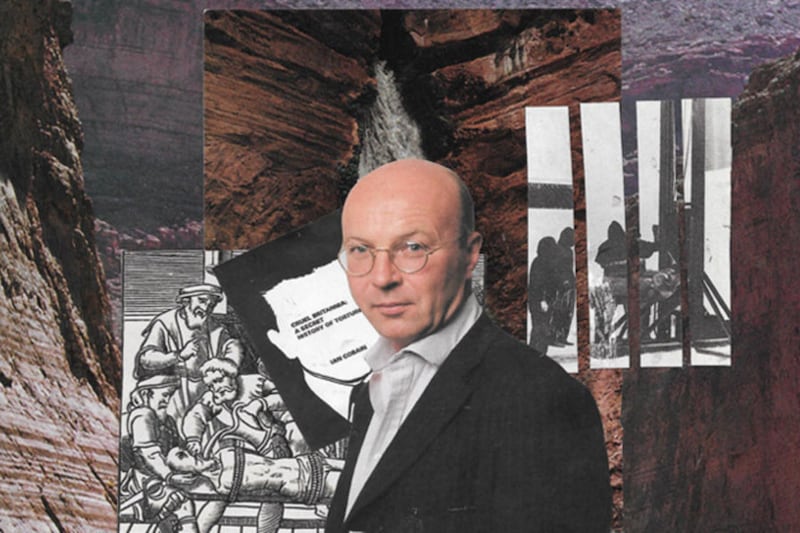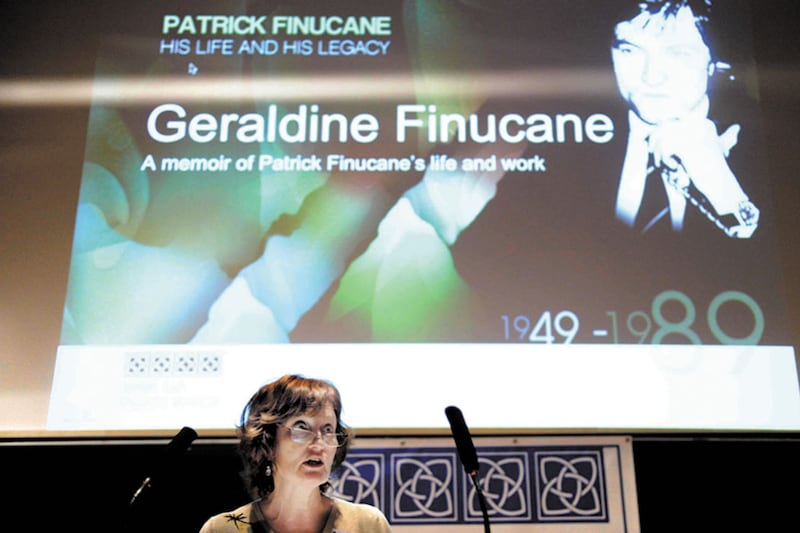CONSERVATIVE MP and former British army officer Bob Stewart has said he was "kind of a torturer" when he was posted to the north during The Troubles.
The 67-year-old said he had shown "people pictures of their friends that have been blown up" in an effort to get information and claimed that torture is sometimes "justified".
He told BBC Radio 5 Live that torture can work as an interrogation method after US President Donald Trump said he backed waterboarding, widely seen as a form of torture.
However former internee Liam Shannon has hit out at the claims and said torture can "never be justified under any circumstances".
Mr Stewart, who is a member of the Northern Ireland Affairs Committee and a former Army colonel, said he opposed waterboarding but techniques such as sleep and food deprivation were acceptable in certain situations.
"In circumstances where a great number of people, or indeed one person, is going to be killed, you have to think very carefully about what pressure you can put on people in order to give that information to stop peoples' lives being lost," he said.
Asked about the types of torture techniques that might be suitable in those situations, he replied: "Sleep deprivation. Lack of food. Perhaps, as I've done, showing people pictures of their friends that have been blown up. That sort of thing."
Mr Stewart served in the north from 1977 as intelligence officer and later as a major.
He was the army's incident commander at the Droppin Well bombing in 1982 in which 11 soldiers and six civilians were killed and 30 people were injured by an INLA bomb.
"Technically as you look at it today I was a kind of a torturer," he told the BBC.
"Of course it was acceptable then. It's now unacceptable and now it's defined as torture."
In 2013, Guardian journalist Ian Cobain reported British Army intelligence corps sanctioned four methods of interrogation - hooding, starvation, sleep deprivation and the use of stress positions. In 1970 the white-noise technique was added.
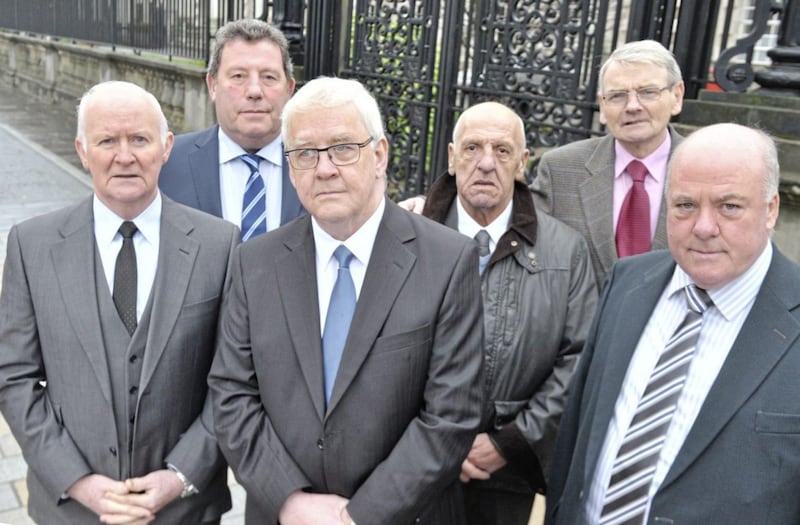
The government is facing a legal challenge from a group of men known as the Hooded Men, who said they were tortured by the Army after they were arrested and interned in August 1971, for its failure to fully investigate their case.
The group is taking a judicial review at Belfast's High Court next month and they also have a separate case before the European court.
The men claim they were subjected to food and sleep deprivation and loud static noise for long periods of time.
The European Commission ruled in 1976 that the government was guilty of torture and inhumane and degrading treatment but following an appeal the European Court later ruled that the techniques did not amount to torture.
Liam Shannon, one of the Hooded Men, said torture can "never be justified under any circumstances".
"It's illegal, immoral and against God's law and anyone else's law," he said.
"For anyone to say that they can find justification for torture is ridiculous."
Mr Shannon said torture is not only unjustifiable but also unreliable.
"Whatever information that you would get from someone under torture is completely unreliable," he said.
"People will tell you anything when they are being tortured. It will never stand up in court."
